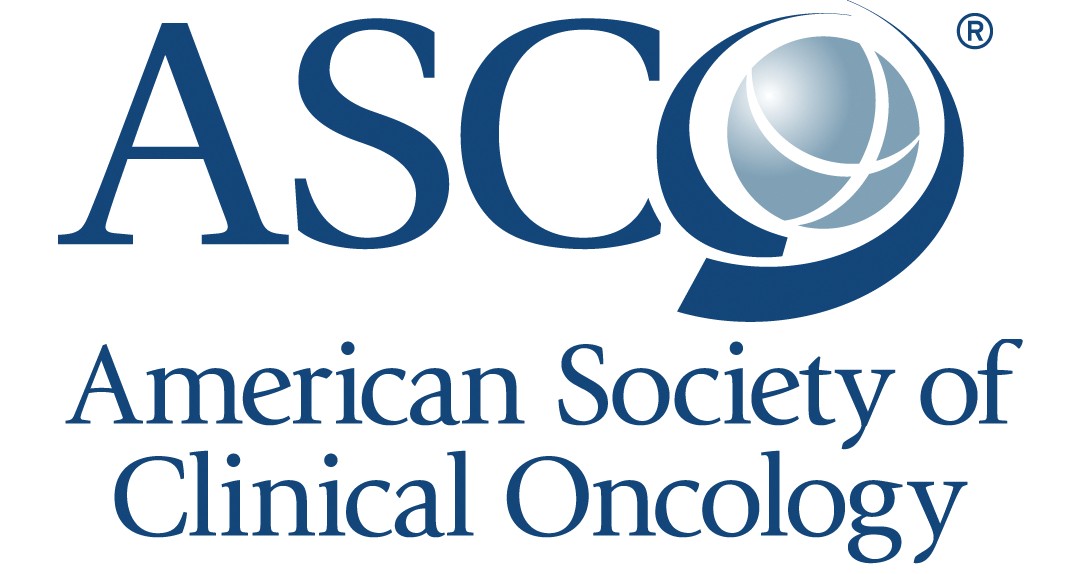Share this Page:
Combination therapies have revolutionised the first-line treatment of metastatic clear cell RCC. The first combination was two immunotherapies, ipilimumab plus nivolumab. In the CheckMate-214 trial, ipilimumab plus nivolumab improved overall survival time compared with sunitinib for untreated patients with high-risk disease. This was followed by several first-line immunotherapy and VEGF TKI combinations that also showed improved survival compared with sunitinib (axitinib plus pembrolizumab, axitinib plus avelumab, cabozantinib plus nivolumab, and lenvatinib plus pembrolizumab).
Due to these impressive results, most patients who need treatment for metastatic clear cell RCC should receive combination therapy, which has shown consistent survival benefits compared with sunitinib. However, not all patients with metastatic clear cell RCC need combination therapy:
- Not all patients with metastatic disease need to be treated immediately. Some have slow-growing disease, small tumours, or do not have any symptoms from their disease, and may do well with careful active surveillance. These patients with low-risk disease may benefit from time off treatment.
- Some patients with only a few metastases (oligometastatic disease) may benefit from treatment directed at the metastases, such as stereotactic radiotherapy, especially for patients who wish to delay the side effects from taking medication. However, it remains unproven whether this treatment prolongs survival compared to immediate treatment with combination therapies.
- Although patients with favourable-risk disease have improved progression-free survival, it is not clear whether overall survival time is improved in these patients with combination therapies compared to sunitinib. These patients make up 20% of the overall population of patients with metastatic RCC. Some patients with favourable-risk disease do well on VEGF TKIs; however, combination therapies are a reasonable option for these patients because of the improvement in progression-free survival and the similar side effects to VEGF TKIs alone.
One of the biggest questions is which combination therapy should patients choose? The advantages of ipilimumab/nivolumab are potential long-term responses and avoidance of the side effects of VEGF TKIs. The nivolumab maintenance therapy is relatively easy to tolerate and some patients may even be able to stop treatment if they have a durable response. The disadvantages of ipilimumab/nivolumab are higher risk of immune-related side effects and less cancer shrinkage compared to the immunotherapy/VEGF TKI combinations.
The advantages of immunotherapy/VEGF TKI combinations include high cancer shrinkage and a lower risk of immune-related side effects. However, there are potential long-term side effects from VEGF TKIs.
The patient’s clinical characteristics and preferences should be considered when deciding which combination therapy to give. For example, some patients may react badly to VEGF TKIs (high blood pressure, cardiovascular disease). Some patients with low- to intermediate risk disease may want to prioritise the chance of a long-term response and choose ipilimumab/nivolumab. Others with cancer symptoms may want an immediate response to treatment, in which case an immunotherapy/VEGF TKI might be more suitable. Patients with sarcomatoid RCC respond well to immunotherapy, but less well to VEGF TKIs.
Currently, there are four immunotherapy/VEGF TKI combination therapies approved by the FDA. They all share similar mechanisms of action, and it is difficult to compare them because they have not been directly tested against each other in clinical trials. Likewise for patient-reported quality of life, where different surveys have been used making comparisons between trials difficult.
However, there are some benefits for the different drugs used in the combinations. For example, cabozantinib has been shown to be effective against brain metastases and could be used for patients where surgery or radiotherapy is not an option. Axitinib has the shortest half-life of the VEGFR TKIs and may be a choice for patients who are at high risk of TKI side effects.
In conclusion, first-line combination therapies have changed the way that metastatic RCC patients are treated and will continue to evolve. All combinations are better than sunitinib, and the choice of which combination to use is not clear. This is compounded by the fact that none of these first-line combinations have been compared in randomised controlled trials. Future treatments being tested are the HIF-2α inhibitor, belzutifan, and combinations of three medications. Questions remain about whether patients who receive adjuvant immunotherapy will benefit from these combinations if they develop metastases, and whether predictive biomarkers may personalise treatment.














